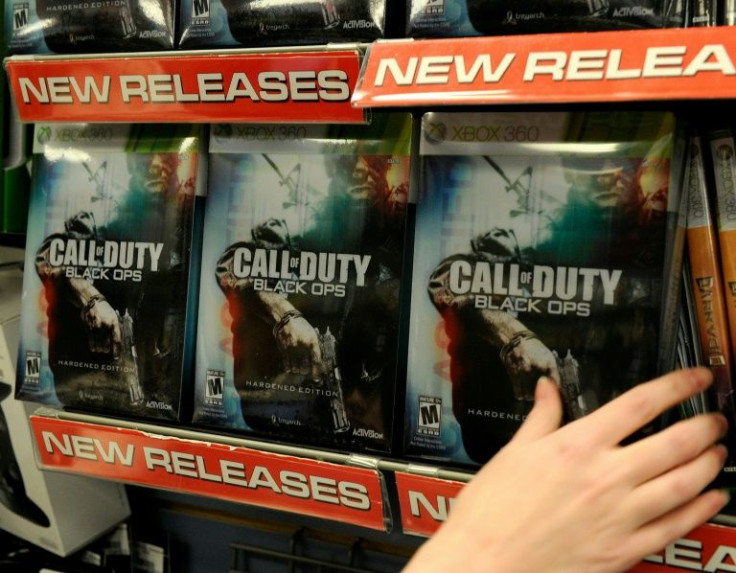While It Is Party Time For Wall Street, Debt Distress Looms Large On Main Street

Reckless finance is nothing new. Under its monopolistic rule, Wall Street makes merry while main streets suffer and the new inequality is different because today's rich do not exploit the poor, they just outcompete them.
The US tech giant Microsoft's acquisition of Activision Blizzard, a video game company with intellectual properties like Call of Duty and World of Warcraft, for $68.7b is as big as it gets.
Now picture this. The poorest countries in the world need $35 billion in debt service payments in 2022 to official bilateral and private creditors as debt service suspension initiative by the wealthy G20 expired at 2021-end, according to the World Bank.
Global debt increased to $226 trillion last year, the largest one-year debt surge since the Second World War. Global debt rose by 28 percentage points to 256 percent of the gross domestic product in 2020, according to the World Bank's latest update of its Global Dent Database, published in December 2021.
With the largest acquisitions in the tech industry, the Bill Gates-Paul Allen founded company with a reported cash pile of more than $130 billion has become the third-largest gaming company by revenue in the world.
During the pandemic, revenue flow from the gaming industry soared substantially. With the purchase of Activision Blizzard, home to nearly 400 million monthly active players, Microsoft, which has almost no presence in mobile gaming, will be in the middle of the action that thrives on creativity and independence.
World Bank President David Malpass Jan. 20 drew a contrast between the mega deal and the amount of money rich nations have pledged to aid the poor nations to face their debt loads.
"I was struck this morning by the Microsoft investment -- $75 billion in a video gaming company" compared to just $24 billion over three years in aid for the poorest countries, Malpass was quoted as saying by AFP.
The acquisition surpasses Microsoft's 2016 purchase of professional networking site LinkedIn for $26.2 billion.
"You have to wonder, is this the best allocation of capital?" he asked. The debt payments have become a "compounding" problem, Malpass added.
Poor nations are finding it difficult to repay their debt and this year they are expected to face significant headwinds as debt loads have become increasingly burdensome due to rising inflation, interest rate hikes, and withdrawal of state support, a World Bank report warned.
The "Global Economic Prospects" report 2022 found that vulnerable countries will find it increasingly difficult to support health, education, social protection, and climate policies.
The International Monetary Fund (IMF) had also warned that emerging markets are facing difficult economic prospects in 2022.
The IMF and the World Bank are exploring ways to provide debt relief for Chad and for Zambia in Africa and Sri Lanka in South Asia has become another candidate seeking a bailout from the international community.
Although they are government contracts, many of the loans availed by poor nations are not transparent due to nondisclosure agreements on debt contracts from countries such as China. This makes the debt restructuring process a difficult process.
Malpass urged China, a major global creditor to the poor nations, to get more involved in debt relief.
Advanced economies and companies operating on their soil are borrowing unprecedented amounts of money that leaves fewer poor nations, Malpass observed.
The trends point to a widening gap between the rich and poor, not only at the global level but within countries.
In 2020 alone, ultra-high net worth individuals with deep pockets worth at least $30 million rose by 21,313 in the US. No other nation gained as many as 10,000 new ultra-rich that year, according to Credit Suisse Research Institute Global Wealth Report 2021.
By 2023, annual output is expected to remain below the pre-pandemic level in poor countries, in contrast to advanced economies, the Bank warned.
Since the appointment of Satya Nadella as CEO of Microsoft in 2014, its shares have risen at a 30 percent average annual rate to $303 with a market capitalization of $2.27 trillion.
Despite its recent 13 percent slide from its high, the tech giant has become the talk of the town in Wall Street while debt distress prevails on the main streets of poor nations.





